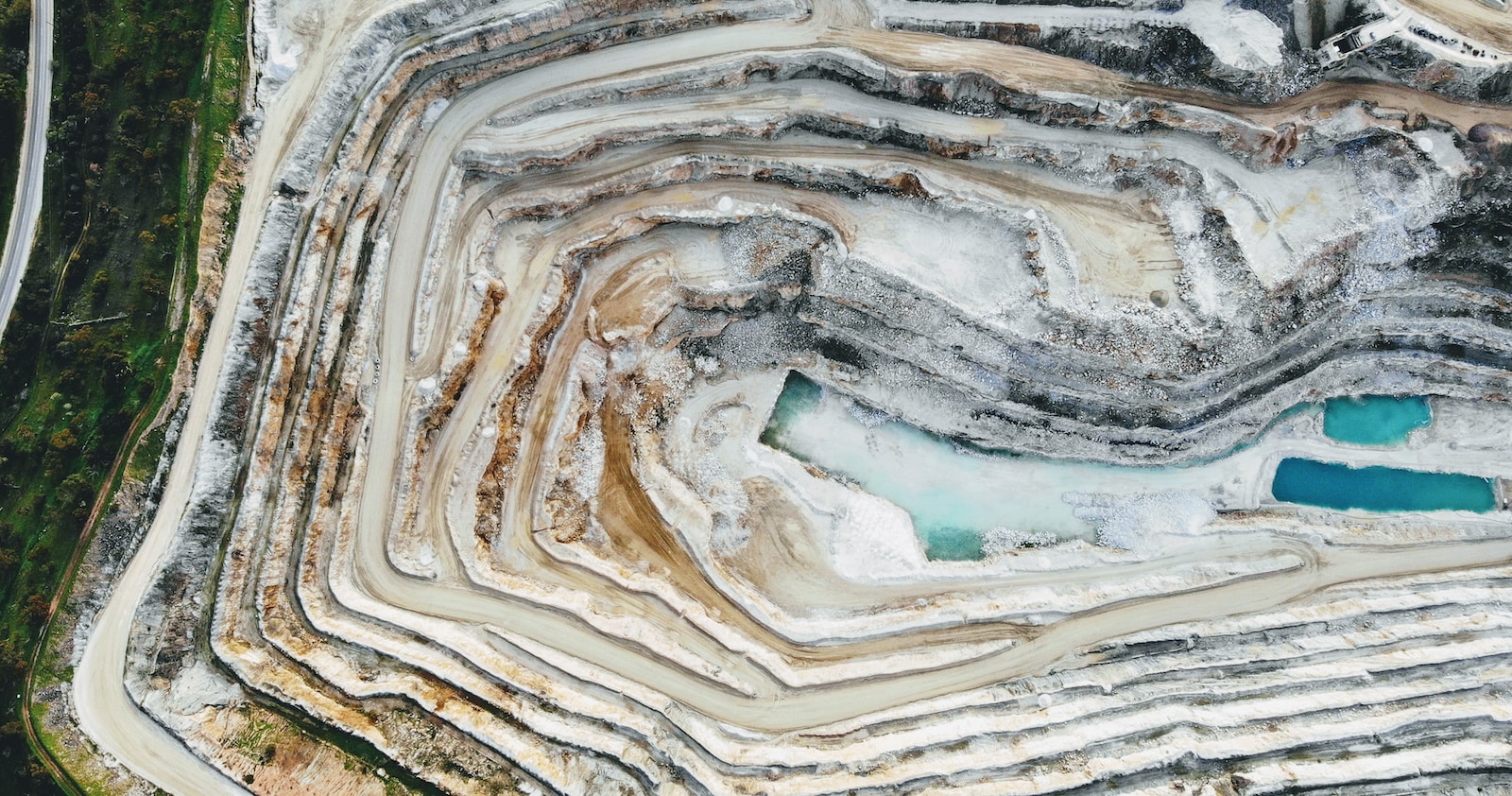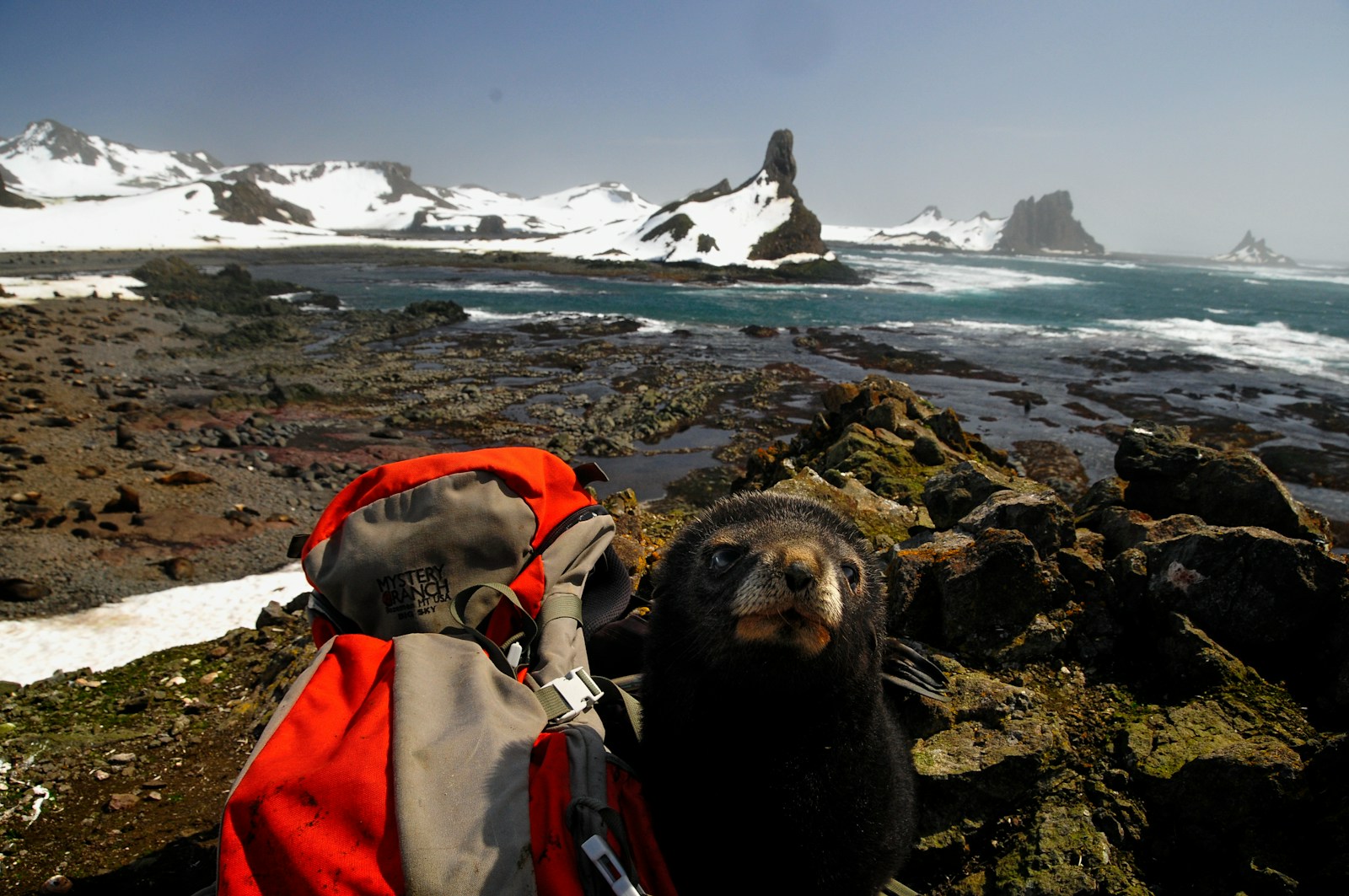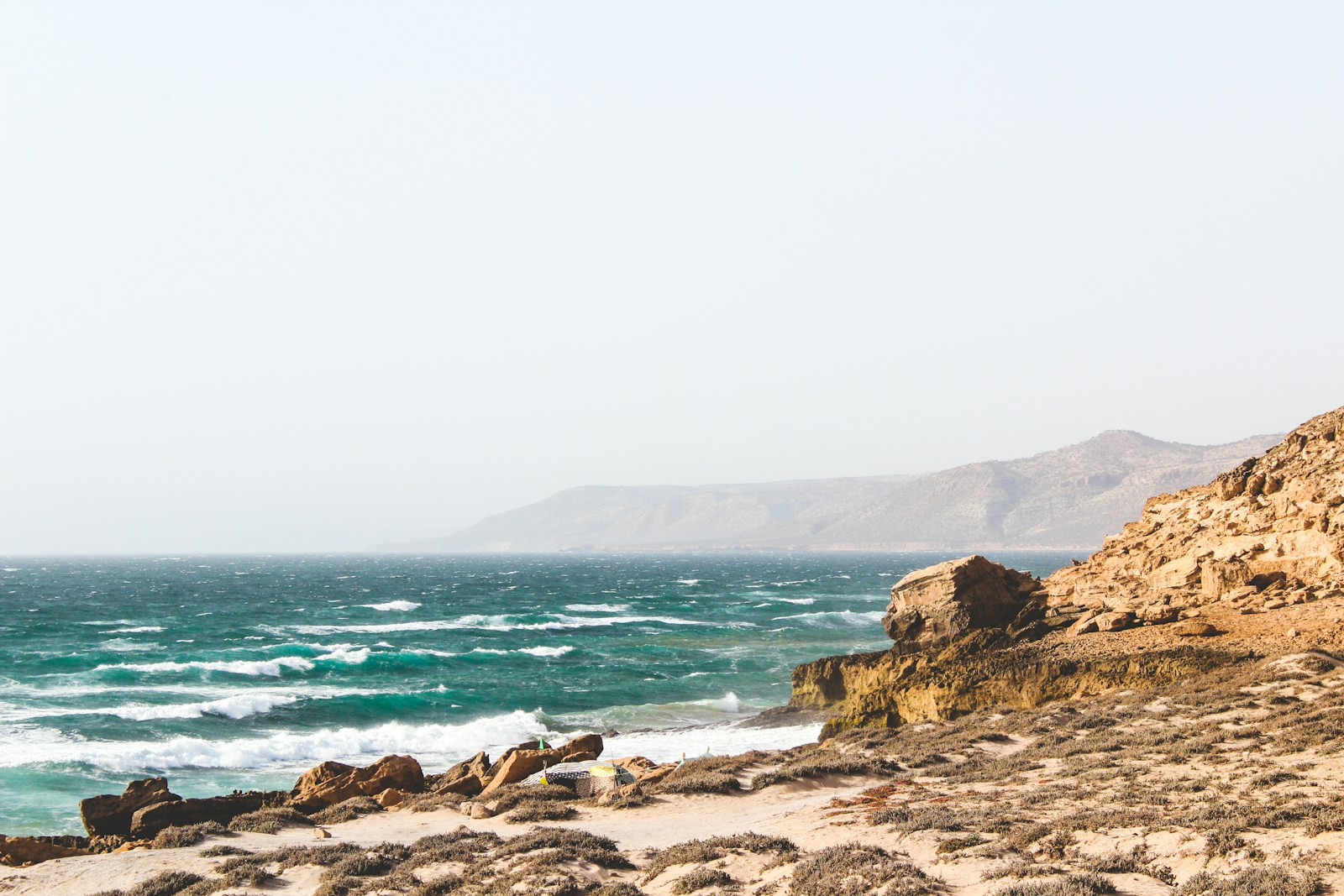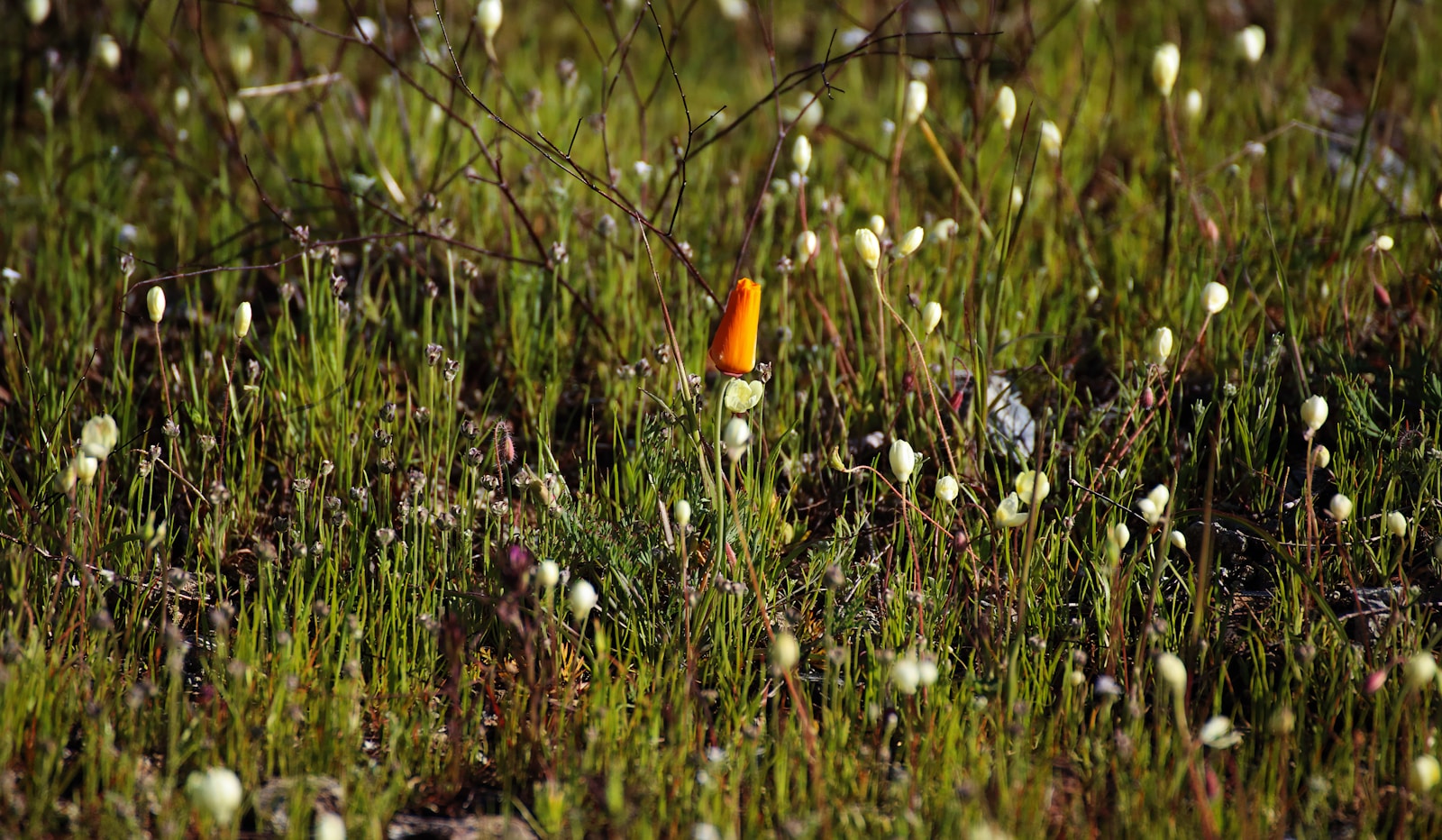Table of Contents
ToggleIntroduction
Selenium and other toxic chemicals flowing from Canadian mines into U.S. lakes and rivers are raising urgent concerns over impacts to fish, wildlife and human health.
For decades, enormous open-pit coal mines owned by Teck Resources in southern British Columbia’s Elk Valley have leached contaminants like selenium into waterways that cross the border into Montana and Idaho.
Selenium Poisoning Threatens Fish Populations
- Selenium is a hazardous byproduct of coal mining that accumulates in fish eggs and reproductive organs, causing deformities, infertility and death.
- Levels of selenium downstream from Teck’s mines have long exceeded safety thresholds, decimating native trout.
- The pollution flows south into Lake Koocanusa and the Kootenai River, which straddles the U.S.-Canada border.
- Fish surveys reveal declining populations and high selenium in Lake Koocanusa fish. The chemical likely causes the declines.
Concerns Over Human Health Impacts
- While risks to people eating contaminated fish are unclear, tribal groups and scientists urgently want protective standards.
- Teck disputes Montana’s 2020 selenium limit for Lake Koocanusa, calling it overly restrictive. The limit aims to protect aquatic life.
- But studies show pollution levels in rivers flowing into the lake continue increasing, exceeding both U.S. and Canadian safety standards.
Lack of Regulatory Oversight
- Scientists accuse Canadian officials of inadequate oversight and lax regulations that allow Teck to self-monitor.
- They want the International Joint Commission to intervene, but British Columbia opposes involvement.
- In March 2022, the U.S. and Canada pledged to address the issue, starting bilateral talks this summer.
Tribal Groups: Mining Pollutes Sacred Waters
- Mining occurs on Indigenous lands without consent, harming fisheries central to native culture.
- The Confederated Salish and Kootenai Tribes say the pollution violates treaty rights and takes away their heritage.
- Restoring native fish like trout and endangered burbot is vital but increasingly difficult with contaminated waters.
Calls for International Oversight
- With B.C. accused of failing to curb Teck’s pollution, groups want the International Joint Commission to recommend cleanup plans.
- The U.S. supports this, hoping bilateral talks will quickly yield solutions to protect waters, fish and Indigenous communities.
- But time is running out to contain the mining pollution flowing downstream into U.S. waters.







